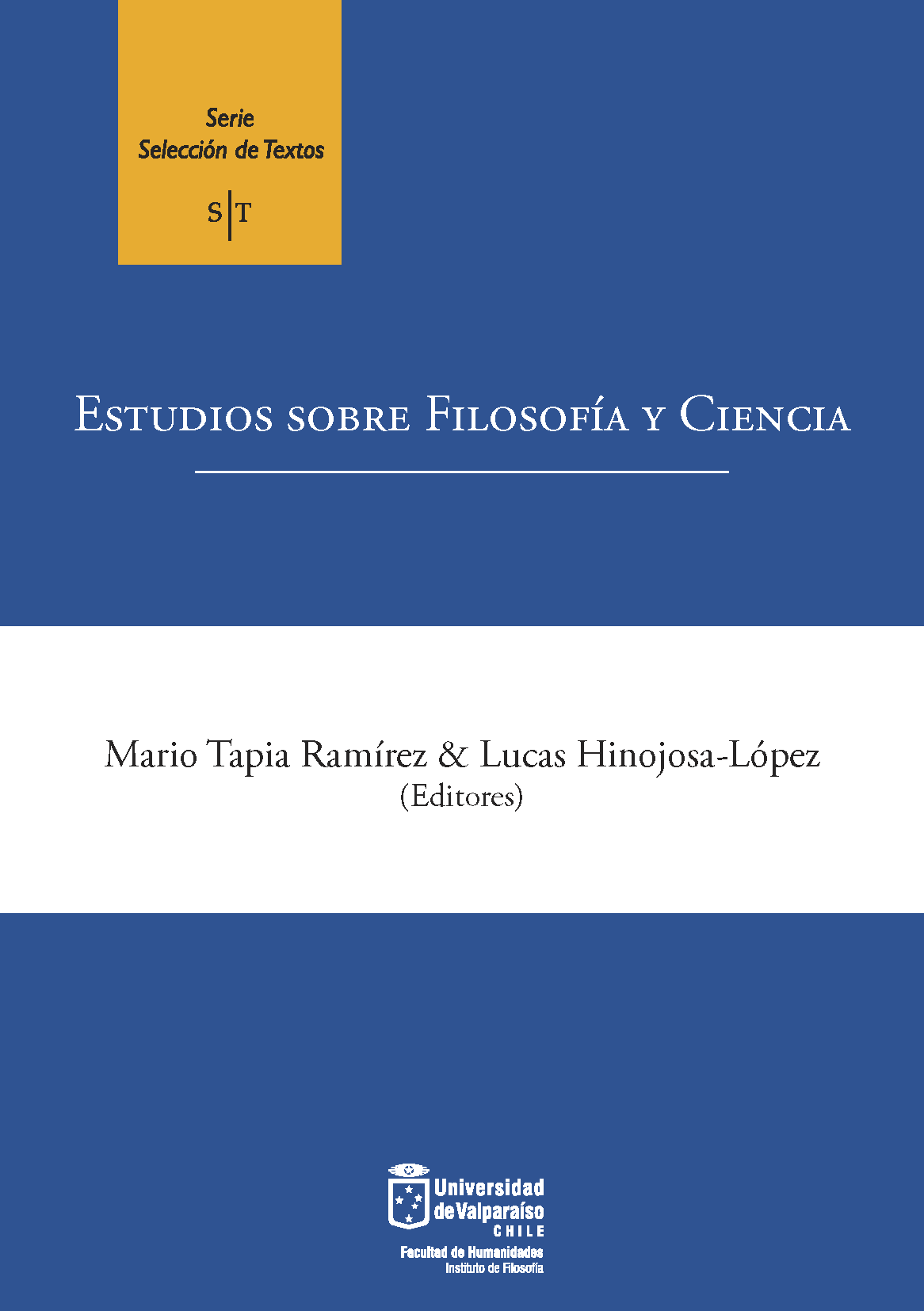La proyección antropocéntrica del Test de Turing en la cultura de la IA
DOI:
https://doi.org/10.22370/sst.2025.10.4891Palabras clave:
Inteligencia Artificial, Sesgo antropocéntrico, Cultura humana, Interacción humano-computador, Imaginarios colectivosResumen
El Test de Turing sigue desempeñando un papel filosófico importante (Moor 2001), especialmente en las investigaciones y reflexiones sobre la capacidad que posee una inteligencia artificial para engañar a las personas haciéndoles creer que es humano. Estas exploraciones pueden llegar a impactar significativamente en las narrativas y/o imaginarios colectivos, esto es, en la cultura científica en torno a la IA. De hecho, la posibilidad de que sistemas de IA pasen el Test de Turing en muchas ocasiones despierta un temor, pero también una profunda fascinación: el sueño de la conciencia artificial y la pesadilla de la rebelión de los robots ha estado presente en gran parte de la ciencia ficción, pero también en informes periodísticos y debates públicos (Natale 2021). Surge así, la pregunta que guiará el proyecto de ensayo: ¿En qué sentido el Test de Turing ha afectado la cultura en torno a la IA?
El presente ensayo pretende mostrar que el Test de Turing contiene la idea de que la IA reside no sólo en las técnicas de programación, sino también en las formas en que los humanos perciben e interactúan con el computador. El primer apartado expone la argumentación de Simone Natale (2021) en torno a la tesis de que el Test de Turing define la IA en términos de la perspectiva de los humanos, en sus interacciones con los computadores, otorgando un lugar destacado a la comunicación. El segundo apartado profundiza en el impacto del Test de Turing –y su sesgo antropocéntrico– en el contexto sociocultural, considerando también la perspectiva de Benjamin Bratton (2015), quien enuncia la necesidad de atender a la cultura de la IA o concepción popular de la IA, comprendida como la intersección entre la IA y la cultura humana.
Se concluye que el Test de Turing proporciona claves interpretativas útiles para reflexionar acerca del impacto de la IA en las interacciones humano-computador.
Descargas
Referencias
Bernhardt, C. (2016). Turing’s vision: the birth of computer science. Cambridge, Massachusetts: The MIT Press.
Bratton, B. (2015). Outing Artificial Intelligence: Reckoning with Turing Tests, en Pasquinelli, M. Alleys of Your Mind. Augmented Intelligence and Its Traumas. L¨uneburg: meson press , pp. 69–80.
Bratton, B. (2015, febrero 23). Outing A.I.: Beyond the Turing Test. The New York Times. Recuperado de https://archive.nytimes.com/opinionator.blogs.nytimes.com/2015/02/23/outing-a-i-beyond-the-turing-test/.
Copeland, J. (2012). Turing: Pioneer of the Information Age. United Kingdom: Oxford University Press.
Copeland, J., Bowen, J., Sprevak, M., &Wilson, R. (2017). The Turing Guide. New York: Oxford University Press.
Copeland, J. (Ed.). (2004). The essential Turing: Seminal Writings in Computing, Logic, Philosophy, Artificial Intelligence, and Artificial Life, plus The Secret of Enigma. Oxford: Oxford University Press.
Christian, B. (2011). The Most Human Human: What Talking with Computers Teaches Us About What It Means to Be Alive. New York: Doubleday.
Gonz´alez, R. (2007). El Test de Turing: dos mitos, un dogma. Revista de Filosof´ıa, 63 pp. 37–53.
Gonz´alez, R. (2016). Dos criterios para la presencia de estados mentales: Descartes y Turing. Cinta Moebio, 56 , pp. 159–171.
Gunkel, D. (2018). Gaming The System: Deconstructing Video Games, Games Studies, and Virtual Worlds. Bloomington: Indiana University Press.
Moor, J. (Ed.). (2003). The Turing Test: The Elusive Standard of Artificial Intelligence. Nueva York: Springer Science+Business Media.
Natale, S. (2021). Deceitful media: artificial intelligence and social life after the Turing test. New York: Oxford University Press.
Oppy, G., & Dowe, D. (2003). The Turing Test. The Stanford Encyclopedia of Philosophy. Recuperado de https://plato.stanford.edu/archives/win2021/entries/turing-test/.
Turing, A. (1950). Computing machinery and intelligence (Trad. Fuentes 2010). Mind, Vol. 59, ed. 236 pp. 433–460. doi:10.1093/mind/lix.236.433
Rhee, J. (2010). Anthropomorphic Attachments in U.S. Literature, Robotics, and Artificial Intelligence. Duke University.
Shieber, M. (Ed.) (2004). The Turing test: verbal behavior as the hallmark of intelligence. Cambridge, Massachusetts: The MIT Press.
Descargas
Publicado
Número
Sección
Licencia

Esta obra está bajo una licencia internacional Creative Commons Atribución-NoComercial-SinDerivadas 4.0.

